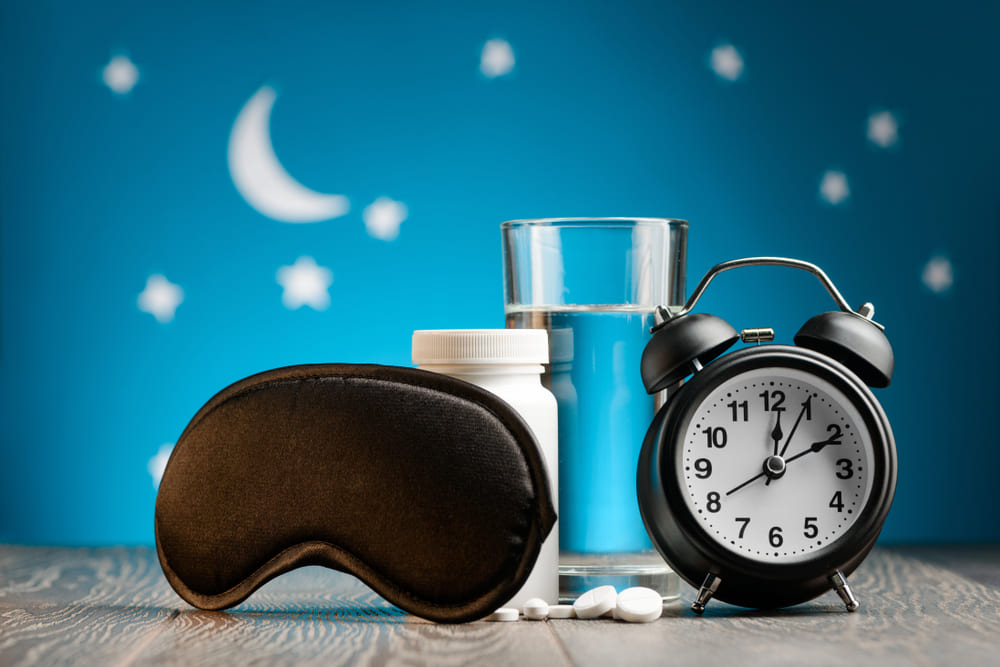Melatonin is a hormone that influences our internal body clock, helping to establish our sleep- wake cycle. It’s secreted by the pea-shaped pineal gland, located in the middle of the brain, at night. The pineal gland awakens with darkness and low blood sugar at which time melatonin is released into circulation. Melatonin secretion increases at night time, typically around 9pm, and remains elevated for the next 12 hours. Its’ production is virtually non-existent in the daytime. In other words, it tells the body when it’s time to sleep and when it’s time to wake up. In practice I see many patients use melatonin incorrectly, taking the incorrect dosage and taking it at the wrong time of day. Melatonin is also mistaken as simply a sleep aid; however, it has properties that reach beyond sleep which I’ll discuss in my next blog.
When is the best time to take Melatonin?
Melatonin is most effective when taken at least 2 hours before bedtime. That’s because it may not cause drowsiness right away, its’ effect is often gradual. Melatonin should be taken between 8pm to 12 midnight to be most effective in helping support your own production of melatonin. Melatonin may need to be taken for a few weeks before you begin seeing the effects.
Will Melatonin reset your sleep-wake cycle?
Our sleep-wake patterns can be disrupted by changes in our environment such as noise, light intruding into the bedroom, blue light from electronic devices and, of course even stress. It can be chronic and can result in insomnia. Properly dosed melatonin can help initiate and improve the maintenance of sleep, thus helping to reset our sleep-wake cycle and improve the quality of sleep.
Can you take too much Melatonin?
Although melatonin is safe even in doses above 20mg, taking more than the standard few milligrams doesn’t increase sleepiness or sleep rates. For sleep, melatonin works best if your own night time melatonin production is low. Taking melatonin in excess can lead to daytime drowsiness and fatigue.
Does Melatonin have side-effects?
Yes, melatonin can have side-effects. Some common side-effects may include feeling drowsy or groggy, depression, and agitation. A much less common side effect of melatonin is vivid dreams and nightmares in some.
Based on clinical evidence and my experience, I can say that melatonin, when used correctly, can be effective in helping reset our sleep-wake cycle. Considering melatonin’s role in our sleep-wake cycle, melatonin should be considered in long term or short-term sleep disturbances.

